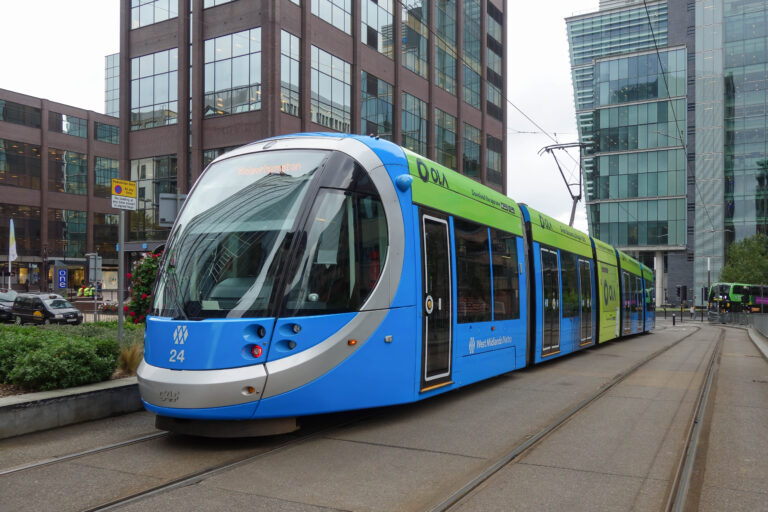.
Next week, David Cameron will face questions from MPs on the environment and radicalisation, specifically on the issue of fracking. With anti-fracking campaigners losing a High Court bid to block further exploration only last week and a report from the Government’s Chief Science Advisor likening fracking to asbestos and thalidomide, the issue remains deeply contentious.
This week Poppy Terry speaks to Adam Memon, Head of Economic Research at the Centre for Policy Studies and Donnachadh McCarthy, environmental campaigner and author of The Prostitute State – How Britain’s Democracy Has Been Bought.
Why should the UK embrace fracking?
The CPS published a report earlier this year on “Why every serious environmentalist should favour fracking”, saying that Britain would be held economically hostage by countries like Russia if it didn’t embrace fracking. Adam says that due to the decrease in domestic production of energy, the UK’s net energy dependency is now at 46%, the highest for decades. Half of Britain’s coal is now imported from Russia and in order to diversify our supply, we need to increase domestic production – shale gas is one way of doing that.
Wouldn’t investment in fracking prevent further investment into renewable energy sources?
In the long-term we’ll clearly end up with renewable energy as we’ll run out of everything else, however it will take decades to reach the necessary capacity levels.
Is shale gas a stop gap, whilst other energy alternatives are being developed?
Adam thinks that shale gas could provide an alternative whilst other more sustainable solutions are being developed.
Should we worry about the unknown dangers of fracking? Will be end up doing serious damage in our haste to develop shale gas?
Adam highlights that there have been about 2.5million fracking operations since the 1940s and the extremely rare instances of serious effects such as earthquakes should not be of concern.
Public perception of fracking and shale gas seems to be either very anti or quite disengaged. Why is the government and other advocates for shale gas having so much trouble convincing the public of the positives of shale gas?
The perception that big American companies are coming to “frack the hell out of Britain” doesn’t help. The greatest concerns have come from people living near possible fracking sites – which is understandable – but the Government needs to make the advantages clear.
What are main grievances of anti-fracking campaigners?
Donnachadh highlights three main points – the overriding climate change crisis, environmental concerns such as the potential of causing earthquakes, the use of carcinogenic chemicals and thirdly, the human rights perspective – governments are giving out the right for fracking companies to drill under people’s homes.
What is the main barrier to getting the government to listen to people’s arguments against fracking?
Environmental grass roots campaigners and people affected by fracking have a very small voice in comparison to the big corporations that are able to buy access to government through political lobbying.
What about Britain’s dependency on foreign energy sources?
Donnachadh agrees that Britain should be producing more of its own energy, however it should be in a sustainable way, that doesn’t damage the environment for future generations.
Can alternative and renewable energy resources meet the UK energy demand?
We have a huge culture of energy wastage in the UK – many companies are wasting up to 60% of the energy they consume. We need to invest more in educating people but also in the practical technology solutions to our energy needs.




